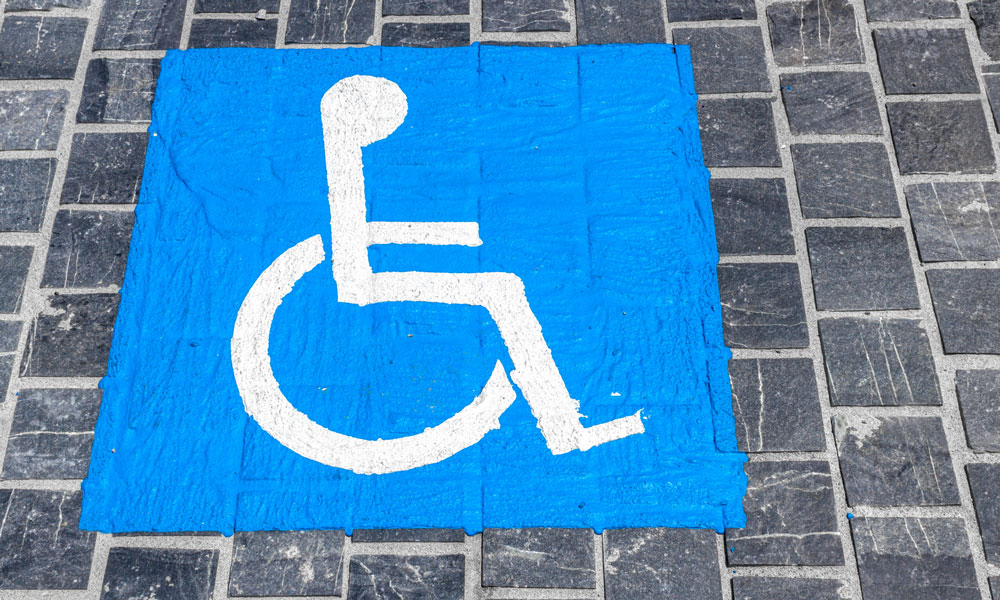
25 Years Later: The ADA’s Landmark Passage Evokes Reflection
Organizations that advocate for people with disabilities, many of which spent the 1980s fighting for equality on the ground level, won a sizable victory with the 1990 passage of the Americans with Disabilities Act. This week, as the law turns 25, here's how groups affected by the legislation are moving forward.
A quarter-century ago this week, a large step was made in the civil rights movement, and that step started with a long, challenging crawl.
In March 1990, wheelchair-bound protesters organized by ADAPT, a grassroots group that organizes disability-rights activists who push for legislative changes to ensure the civil and human rights of people with disabilities, got up out of their seats and literally crawled up the steps of the U.S. Capitol, in an effort to persuade the House of Representatives to pass the already Senate-approved Americans with Disabilities Act (ADA), a measure outlawing discrimination based on disability. An 8-year-old girl with cerebral palsy even took part in the dramatic moment.
The Capitol Crawl, as it was called, inconvenienced the members of Congress, but that was the point—it got their attention. Soon, the bill passed, and now, this week ADAPT and other groups are celebrating the 25th anniversary of a significant legislative victory. Here’s how:
Celebrating a big win: No matter where things stand with the law today, ADA’s milestone anniversary nonetheless remains a moment worth reflecting on—something that groups as diverse as the United Cerebral Palsy Association of Greater Suffolk, California’s Independent Living Centers, and the Disability Rights Education & Defense Fund are doing. But perhaps the boldest effort to honor the law’s passage was undertaken by the ADA Legacy Project, which spent the past year running the ADA Legacy Bus Tour, a cross-country journey to highlight the actions that advocates took to pass the landmark law. The bus arrived in DC on Sunday, just in time for festivities honoring the anniversary of the law’s passage.
Pushing for new laws: ADAPT remains focused on updating legislation. The organization is pushing for the introduction of a bill called the Community Integration Act, which would require states and health insurance companies to show preference for offering home and community-based services to those with disabilities as an alternative to the current primary option: nursing homes. “As we celebrate the 25th anniversary of the signing of the Americans with Disabilities Act, we know there is still much work to get done so that people with disabilities can live in the community rather than be forced into nursing facilities and other institutions,” the group states on its website. The bill has support from a number of associations and advocacy groups.
Focusing on the progress made: Long before its Capitol Crawl, ADAPT had made a name for itself by protesting on buses, effectively immobilizing them to draw attention to the fact that the buses lacked wheelchair lifts. The American Public Transportation Association notes that the law’s passage has had a significant effect on the industry. Today, 99.8 percent of buses are accessible to people with disabilities, along with 100 percent of subway vehicles, 88 percent of streetcars, and 87 percent of commuter-rail and hybrid-rail fleets. APTA President Michael Melaniphy pointed out, however, that transportation funding issues could limit this progress.
“The industry has made great strides in improving and expanding accessibility over the last 25 years, but there is much more to do,” he said in a news release. “Future progress is dependent on congressional action to fund a surface transportation bill. This funding uncertainty impacts the ability of our country to continue to expand and improve services for people with disabilities.”
(iStock/Thinkstock)






Comments